Search
Remove Ads
Advertisement
Summary 
Loading AI-generated summary based on World History Encyclopedia articles ...
Search Results
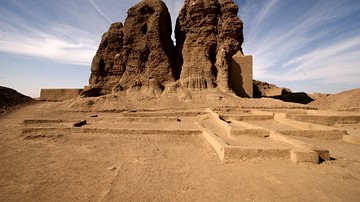
Article
Interrelations of Kerma and Pharaonic Egypt
The vacillating nature of Ancient Egypt's associations with the Kingdom of Kerma may be described as one of expansion and contraction; a virtual tug-of-war between rival cultures. Structural changes in Egypt's administration led to alternating...
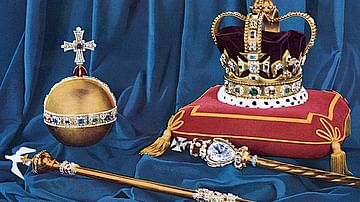
Article
Colonel Blood & the Theft of the Crown Jewels
Colonel Thomas Blood, a known conspirator, made an infamous but unsuccessful attempt to steal the British Crown Jewels from the Tower of London in 1671. Disguised as a clergyman, Blood and his gang swiped the royal regalia from under the...
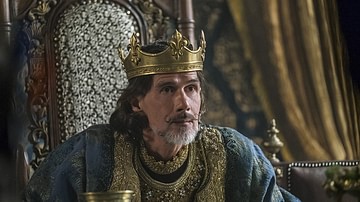
Definition
Charles the Simple
Charles the Simple (Charles III of France, l. 879-929 CE, r. 893-923 CE) was king of West Francia (roughly modern-day France) toward the end of the period of Viking raids in the region. His epithet `the simple' refers to his habit of being...

Definition
Charles I of England
Charles I of England (r. 1625-1649) was a Stuart king who, like his father James I of England (r. 1603-1625), viewed himself as a monarch with absolute power and a divine right to rule. His lack of compromise with Parliament led to the English...
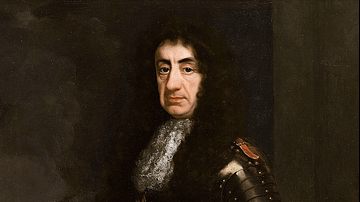
Definition
Charles II of England
Charles II of England (r. 1660-1685) was the king of Scotland (1649-1685) before the Restoration in 1660 also made him king of England and Ireland. Charles was a charming and easygoing monarch who took a keen interest in sports, science...
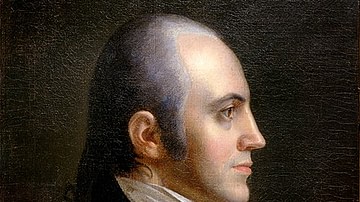
Definition
Aaron Burr
Aaron Burr (1756-1836) was an American politician and lawyer, who served as the third vice president of the United States (1801-1805). His reputation as a US Founding Father was marred by his killing of political rival Alexander Hamilton...
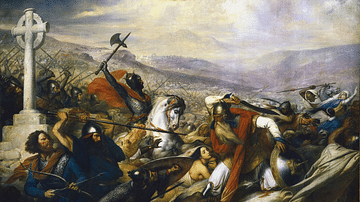
Article
The Legacy of Charles Martel & the Battle of Tours
The Battle of Poitiers aka the Battle of Tours took place over roughly a week in early October of 732. The opposing sides consisted of a Frankish army led by Charles Martel (r. 718-741) against an invading Muslim army under the nominal sovereignty...
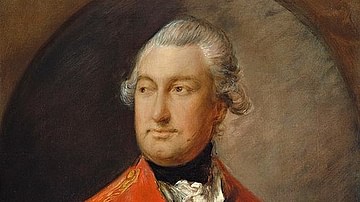
Definition
Charles Cornwallis
Charles Cornwallis (1738-1805), 1st Marquess and 2nd Earl Cornwallis, was a British military officer and statesman best known for surrendering to George Washington at the Siege of Yorktown, the final decisive engagement of the American Revolutionary...

Definition
Charles Vane
Captain Charles Vane was an English pirate active in the Caribbean and off the east coast of North America between 1716 and 1720. The pirate, who infamously refused a pardon and instead fired his cannons at the ship of Governor Woodes Rogers...

Definition
Odo of West Francia
Odo of West Francia (also known as Eudes, l. c. 856-898 CE, r. 888-898 CE) was Count of Paris and hero of the Viking Siege of Paris 885-886 CE who was shortly afterwards elected King of West Francia. He was the son of Robert The Strong (c.830-866...